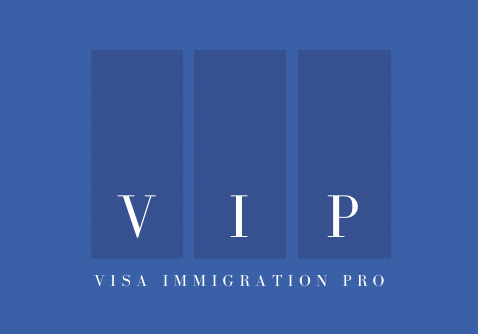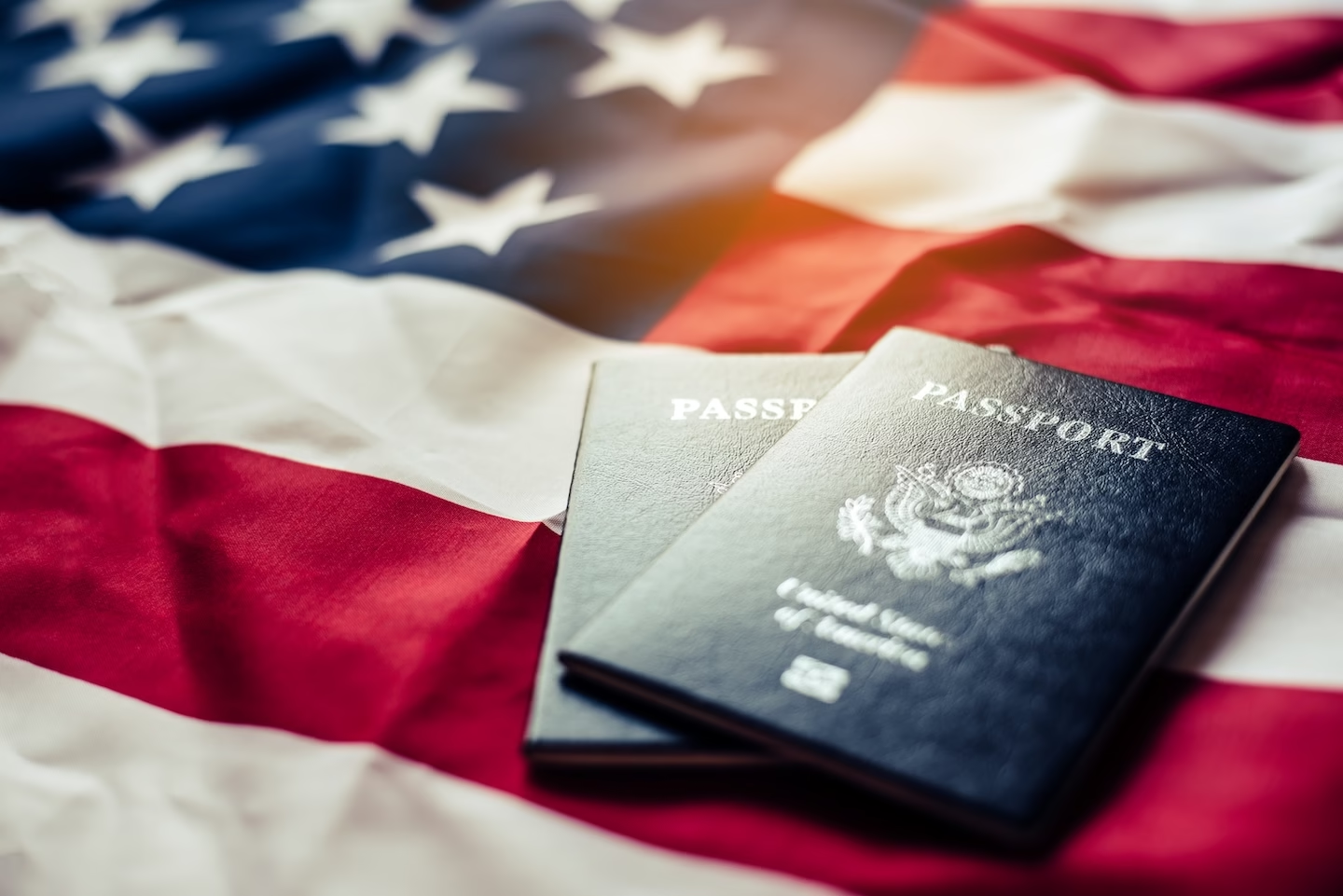Maintaining your nonimmigrant status is the most critical responsibility you have while in the United States. A violation, even if unintentional, can have severe consequences, including deportation and future visa ineligibility. The rules vary by visa category.
F-1 Student Status
- Enrollment: You must be enrolled as a full-time student at your designated Student and Exchange Visitor Program (SEVP)-certified school.
- Reduced Course Load: You can only drop below full-time enrollment with prior authorization from your Designated School Official (DSO) for specific medical or academic reasons.
- On-Campus Work: Work is limited to 20 hours per week while school is in session. You can work full-time during holidays and vacations.
- Off-Campus Work: You must have authorization for Curricular Practical Training (CPT) or Optional Practical Training (OPT) before beginning any off-campus employment.
- I-20 Validity: Keep your Form I-20 valid at all times and have your DSO sign it for travel or program extensions.
J-1 Exchange Visitor Status
- Program Objective: You must participate in the specific activity for which your DS-2019 was issued (e.g., research, teaching, training).
- Travel Validation: Have your Form DS-2019 validated for travel by your Responsible Officer (RO) or Alternate Responsible Officer (ARO).
- Two-Year Home-Residence Requirement: Be aware if you are subject to the two-year foreign residence requirement, which mandates that you return to your home country for two years at the end of your J-1 program before applying for an H or L visa or a green card.
H-1B Professional Worker Status
- Work for the Petitioning Employer: You can only work for the employer who filed your H-1B petition, in the specific role and location described in the petition.
- “Benching” is Prohibited: Your employer must pay you the required wage stated in the Labor Condition Application (LCA), even if there is no work for you.
- Material Changes: If your job changes significantly (e.g., new worksite location, different job duties), your employer must file an amended H-1B petition.
- Portability: You can change employers after a new employer files a “transfer” H-1B petition, but you cannot begin working for the new employer until the petition is filed and accepted by USCIS.
What to Do If You Violate Your Status
If you believe you have violated your status, act immediately. Options may include applying for reinstatement (for F-1 students), departing the U.S. promptly, or consulting with an immigration attorney to explore other potential remedies. Do not ignore the problem.


